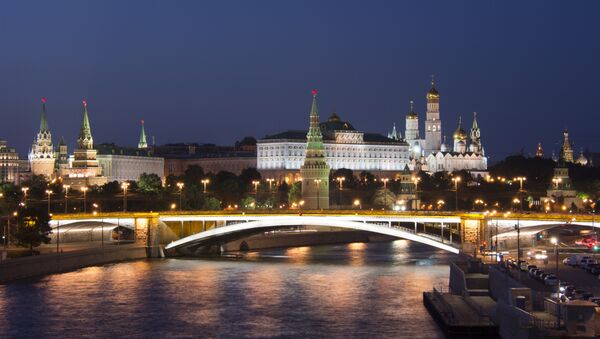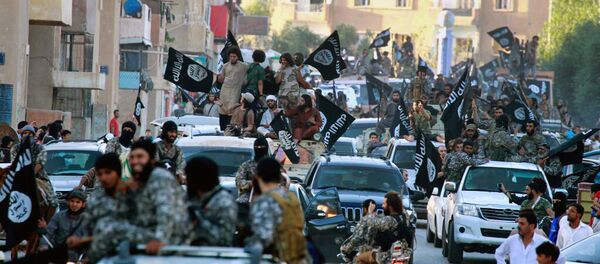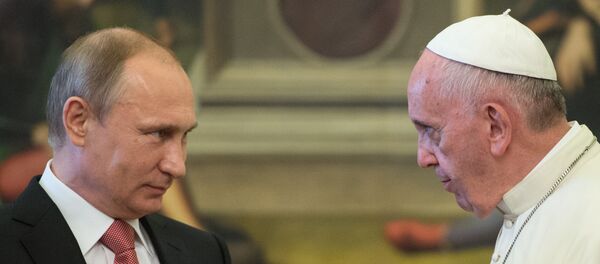Some have called this holistic approach "hybrid warfare," even though this term does not accurately describe Russian activities in the war-torn country.
"Although the future of the war in Syria is uncertain, what remains clear is that Russia is fighting a hybrid war, combining its military, diplomatic and media capabilities to achieve its goals using limited armed engagement," Ari Heistein and Vera Michlin-Shapir wrote for the American international affairs magazine.
The liberation of Palmyra, a UNESCO World Heritage Site, is a prime case in point. Russia's role in the April offensive was vital.
Daesh captured the iconic city at a time when Damascus was struggling to contain the foreign-sponsored insurgency. Eleven months later the Syrian Arab Army, assisted by Russian warplanes and local allies, pushed the terrorist group out of Palmyra.
Russia's world-famous Mariinsky Orchestra performed in the city to celebrate this landmark victory.
Russia's role outside of the battlefield in Syria has involved major diplomatic efforts aimed at securing a nationwide truce and launching a political peace process. Although both have proved to be fragile, they offer hope for the country devastated by more than five years of violence.
Russia's "hybrid offensive has undoubtedly been effective thus far, as the Western and Middle Eastern media continue to admire Moscow's entrance into the region," the analysts added.
Moreover, the limited and efficient campaign has also helped Russia to raise its influence in the region.
The operation "has put the Russians in a stronger position without imposing any meaningful costs on them," American diplomat Dennis Ross observed, adding that "Middle Eastern leaders are making pilgrimages to Moscow to see Vladimir Putin these days, not rushing to Washington."



